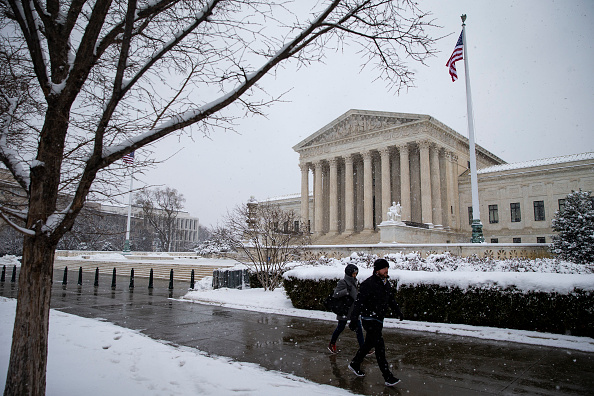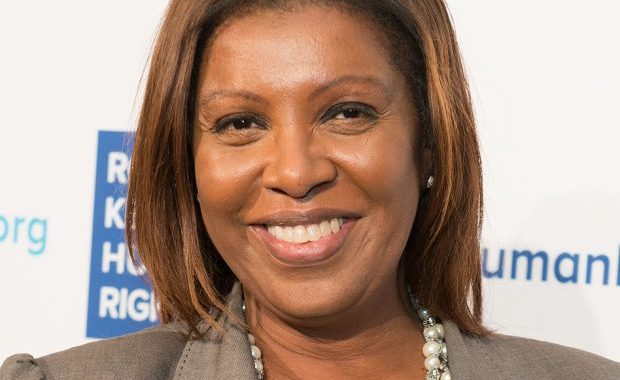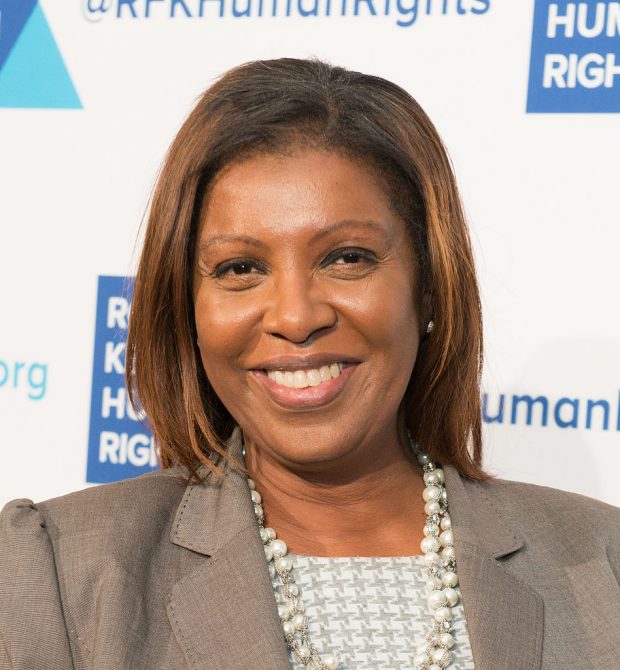
As
it
is
wont
to
do,
the
stock
market
got
out
a
bit
ahead
of
its
skis
in
this
whole
artificial
intelligence
craze.
When
Chinese
artificial
intelligence
developer
DeepSeek
released
its
latest
AI
model,
R1,
with
claims
that
it
could
match
the
performance
of
OpenAI’s
platforms
at
a
fraction
of
the
cost,
American
tech
stocks
plummeted.
Indeed,
China
has
been
pouring
resources
into
the
artificial
intelligence
race.
In
late
January
alone,
the
country
established
a
60
billion
yuan
($8.2
billion)
AI
investment
fund.
Nothing’s
wrong
with
a
little
healthy
(peaceful)
technological
competition
among
nations,
and
AI
is
becoming
a
useful
tool
in
everything
from
helping
doctors
more
accurately
diagnose
cancer
to
ensuring
that
schoolchildren
never
have
to
learn
how
to
write.
Yet,
we’ve
all
gotten
too
excited
about
the
promise
of
this
technology
without
pausing
for
a
moment
to
remember
that
its
current
iteration
is
still
pretty
bad.
Read
an
article
written
by
AI.
The
outlets
unethical
enough
to
use
them
are
often
unethical
enough
not
to
label
them,
but
you
can
tell
right
away
because
they
are
riddled
with
nonsensical
syntax
and
factual
inaccuracies.
When
it’s
trying
to
write
anything
at
all
complex,
AI
just
plasters
over
gaps
it
can’t
otherwise
fill
with
lies.
ChatGPT
came
out
in
2022.
It’s
definitely
gotten
better
since
then.
Improvements
aside,
after
nearly
three
years
of
development
it’s
not
anywhere
close
to
being
able
to
fully
replace
a
well-educated
human.
I
have
no
doubt
that
someday
AI
will
permeate
the
economy.
For
now,
though,
and
for
a
long
time,
it’s
going
to
be
limited
to
making
certain
things
marginally
easier
for
certain
people.
Frequently
this
is
a
good
thing,
like
when
it
helps
a
medical
professional
find
a
cancerous
growth
earlier
or
when
it
saves
someone
a
few
thousand
dollars
that
they’d
otherwise
have
to
pay
a
lawyer
to
dig
through
a
pile
of
documents.
And
frequently
it’s
a
bad
thing,
like
when
it
prevents
an
entire
generation
from
learning
how
to
think.
Some
things
are
supposed
to
be
hard.
I
taught
legal
writing
for
three
years.
That
class
was
not
about
teaching
future
lawyers
to
write
beautifully
(well,
it
was
only
partially
about
that,
I
admit
it
was
very
satisfying
to
see
the
students’
writing
from
the
start
of
fall
semester
to
the
end
of
spring
semester
become
increasing
more
eloquent).
The
vast
majority
of
lawyers
will
never,
in
their
actual
legal
careers,
need
to
do
the
kind
of
writing
I
taught
in
that
class,
given
that
most
lawyers,
rather
than
writing
persuasive
briefs
for
use
in
litigation,
will
be
drafting
wills
and
trusts,
shepherding
real
estate
deals
along,
advising
corporate
clients,
or
doing
any
of
the
million
other
things
lawyers
do
that
is
not
litigation
writing.
The
class
was
still
important
though
because
learning
how
to
explain
something
very
complex
in
writing
will
train
you
to
be
able
to
think
about
such
things
much
more
functionally
than
hearing
or
even
reading
about
the
same
thing
ever
will.
Even
at
a
young
age
—
maybe
especially
at
a
young
age
—
people
need
to
learn
how
to
write
to
learn
how
to
think.
Whether
any
given
individual
ever
intends
to
or
ever
does
directly
make
a
penny
from
writing
anything,
this
is
not
something
we
should
outsource
to
the
machines.
Investing
further
in
artificial
intelligence
is
fine.
We
should
keep
doing
that,
and
keep
trying
to
stay
ahead
of
China
in
the
AI
race.
But
what
if
we
also
funded
a
huge
national
reserve
of
actual
intelligence?
Consider
how
much
better
we’d
be
doing
than
China
on
AI,
and
everything
else,
if
our
population
as
a
whole
could
dramatically
out-think
China’s.
Throwing
money
at
schools
is
not
a
panacea.
Kids,
and
later
young
adults,
have
to
want
to
learn.
This
would
involve
a
reimagining
of
our
culture,
not
just
in
schools.
It
would
mean
imposing
the
necessarily
harsh
regulations
on
tech
platforms
that
lawmakers
have
been
too
cowardly
to
impose
for
well
over
a
decade,
so
that
maybe
we
wouldn’t
have
almost
a
third
of
our
kids
saying
they
want
to
be
YouTube
stars
when
they
grow
up.
They
could
instead
go
back
to
wanting
to
be
astronauts,
or
even,
fine,
actors.
It
would
mean
parents
parenting
a
lot
more
—
for
instance,
simply
not
buying
their
children
tablets
and
smartphones,
just
like
how
you
parents
out
there
already
don’t
buy
your
kids
alcohol
or
cigarettes
(I
hope)
no
matter
how
much
they
beg
and
plead.
More
than
anything,
it
would
mean
reimposing
learning
for
learning’s
sake
—
expending
effort
to
improve
your
mind
with
or
without
an
immediate
material
reward
—
as
a
cultural
value.
Perhaps
this
could
supplant
the
glorification
of
deliberate
ignorance
as
a
cultural
value.
None
of
that
is
going
to
happen
anytime
soon.
Until
we
decide
as
a
nation
that
developing
actual
intelligence
should
be
just
as
much
of
a
priority
as
developing
artificial
intelligence,
I
don’t
know,
calm
yourself
with
an
episode
of
Ologies
with
Alie
Ward
and
resist
letting
the
machines
seize
your
attention
to
sell
you
more
crap
you
don’t
need.
For
now,
our
collective
deficit
of
thinking
skills
will
keep
being
exploited
to
the
grave
detriment
of
all.
Jonathan
Wolf
is
a
civil
litigator
and
author
of Your
Debt-Free
JD
(affiliate
link).
He
has
taught
legal
writing,
written
for
a
wide
variety
of
publications,
and
made
it
both
his
business
and
his
pleasure
to
be
financially
and
scientifically
literate.
Any
views
he
expresses
are
probably
pure
gold,
but
are
nonetheless
solely
his
own
and
should
not
be
attributed
to
any
organization
with
which
he
is
affiliated.
He
wouldn’t
want
to
share
the
credit
anyway.
He
can
be
reached
at [email protected].

















